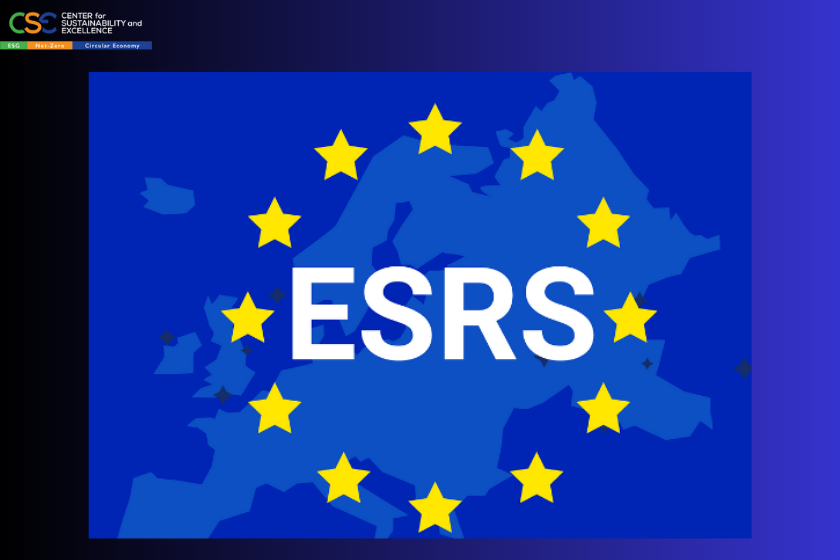Introduction:
First of all, in a recent European Parliament vote, the European Sustainability Reporting Standards (ESRS) received strong support, defeating a motion to limit their scope. These new sustainability reporting rules will apply to approximately 50,000 companies starting in January 2024, with sector-specific reporting temporarily delayed due to concerns from the private sector.
Moreover, this initiative reflects Europe’s dedication to promoting sustainable businesses and offering standardized, transparent, and comparable data for companies, investors, and consumers. Nevertheless, it encountered opposition, primarily from EPP members, who contended that ESRS places a substantial administrative burden on companies.
In fact, the ESRS requires businesses, banks, and insurance companies to report on sustainability-related impacts, opportunities, and risks, aligning with the EU’s upcoming Corporate Sustainability Reporting Directive (CSRD). Despite some concerns about diluted requirements, the ESRS rules were adopted in July. Furthermore, from 2028, non-EU companies operating in Europe will also be obliged to report their sustainability impacts and risks according to ESRS, affecting numerous US firms.
What companies must do:
Therefore, it is imperative for companies to adhere to the latest ESRS Standards and legislations. The provided steps are a good starting point for businesses looking to prepare for sustainability reporting, particularly in the context of the CSRD Directive and ESRS standards.
- Understand the Requirements: Begin by thoroughly comprehending the CSRD Directive and ESRS standards to grasp the extent of reporting obligations.
- Assess Data Availability and Quality: Identify any gaps in your data collection processes and develop plans to address these gaps. Ensure that the data you collect is accurate and reliable.
- Train and Raise Awareness: Ensure your team understands the significance of CSRD compliance and their specific roles in the reporting process. Conduct training programs to enhance their knowledge.
- Create a Reporting Framework: Establish a structured reporting framework that includes clear processes, roles, responsibilities, and the necessary tools. This framework will guide your reporting efforts.
- Monitor Progress and Adapt: Continuously monitor the progress of your sustainability reporting. Adjust your reporting processes and frameworks as data quality improves and as you work toward meeting your objectives.
By following these steps, businesses can not only meet their reporting obligations but also build a foundation for effective sustainability reporting that goes beyond compliance, contributing to the long-term success and sustainability of the organization.
Why register in our upcoming Practitioner Program? Enroll in our Europe Certified Sustainability (ESG) Practitioner Program, Leadership Edition 2023 and take your ESG and reporting skills in to the next level through a combination of digital training and live Zoom sessions scheduled for December 7-8 & 11, 2023.
Don’t miss out – reserve your spot today!”








